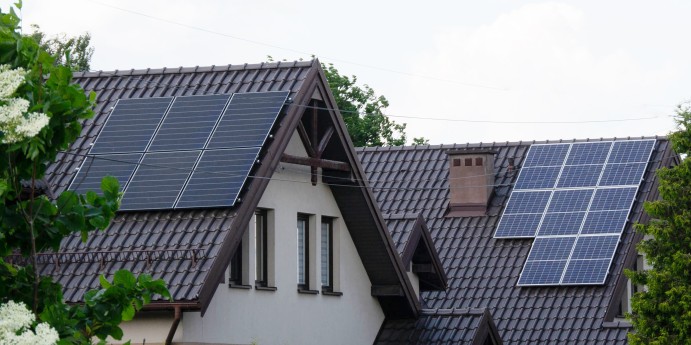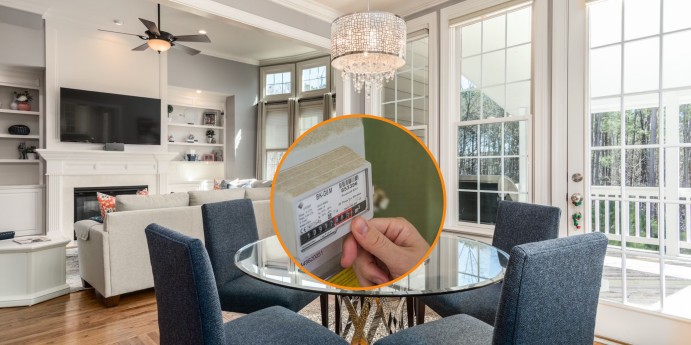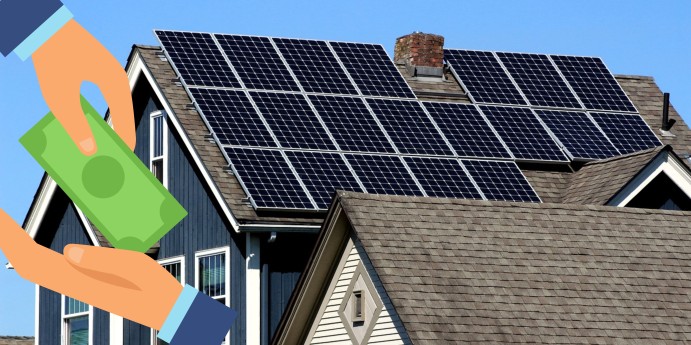Introduction
Getting solar panels installed is a decision that can be beneficial for both your finances and the planet. Before you go ahead with installing solar panels on the rooftop of your home, there are important factors to consider. In this article we’ll delve into what you should be aware of, before starting your journey with solar power.
What to Consider Before Installing Solar Power?
When sizing your solar system, don’t just focus on your current electricity consumption. Consider your future needs as well. As our household evolves, so do our power requirements. For instance, adding an electric vehicle or new appliances can significantly increase your energy usage. In hindsight, I wish I had installed a few extra panels initially to provide more capacity and flexibility. It’s far more cost-effective to increase the size of your system from day one, than to expand it later.
On-Grid Solar System
- On-grid system is the most common choice for homeowners.
- Your home remains connected to the grid, allowing you to export excess energy during sunny hours.
- A bidirectional meter tracks your energy flow, ensuring you receive credit for surplus electricity.
- Excess power can offset your next month’s electricity bill if your system generates more than you consume.
Off-Grid Solar System
- An off-grid system operates independently of the grid.
- It relies on battery storage to store excess solar energy.
- Ideal for locations or areas, those are far away from the power grid.
- Requires careful planning to size the battery capacity correctly.
Condition Of Rooftop
- Ensure your roof is in good shape before installing solar panels.
- Repairs or replacements should be done beforehand to avoid complications.
- Obstructions like chimneys, pipes, or skylights should not interfere with panel placement.
Roof Orientation
- South-facing roofs receive the most sunlight.
- North-facing roofs get significantly less sun exposure.
- Optimal panel placement depends on your roof’s orientation.
Shade Analysis
- Consider nearby trees, neighboring buildings, and other objects that cast shadows.
- Shade can significantly impact panel efficiency.
- Customizing your installation plan ensures optimal panel placement.
Cost Analysis
- Solar system costs vary based on factors like panel quality, size, and installation.
- Average residential systems range from $15,000 to $25,000.
- Explore financing options, including cash, loans, or leases.
- Federal tax credits and local incentives can further reduce costs.
Other Important Points
- Conduct an energy audit to assess your electricity consumption patterns.
- Identify areas for efficiency improvements.
- A well-insulated home with energy-efficient appliances maximizes solar benefits.
Why A Quality Installer Is Important?
Choosing an installer is essential. This is the most important step, out of all other steps, as they are the experts, who can help you with hassle free solar panel installation service, that can benefit you over a longer period of time. A homeowner should be extra cautious while choosing a local solar power installation contractor, who may offer end to end solar power installation service.
Key Parameters
Here are a few key pointers to consider while hiring a solar panel installation partner, specially for the homeowners, living in the dense cities like New York and New Jersey.
- Research local or national solar installers.
- Compare quotes and read customer reviews.
- A professional site visit ensures proper assessment and system design.
To fully leverage the benefits of solar power for your home, why not schedule a FREE Consultation with our solar experts today? Reach out to us at +18334786669 or visit our website SunLife Solar to book your appointment. With a 25-year warranty, we guarantee quality products and services, ensuring a sustainable solar energy solution for years to come.
Conclusion
Installing solar panels is an important investment that offers long-term benefits to the homeowners. By considering factors like your future electricity needs, the type of system, roof condition, costs, energy efficiency, and choosing a reputable installer, you can make informed decisions that maximize the advantages of solar energy for your home.
FAQs
How much can I save by installing solar panels?
Ans: Amount you save varies based on factors like location, energy usage habits and system size. On average homeowners can expect to save 1000 of dollars over the lifespan of their solar panels, through reduced electricity bills and available government incentives.
Do governments of different states offer tax credits or incentives to homeowners who install solar panels?
Ans: Yes there are tax credits and local incentives available, in regions to help reduce the cost of installing solar panels. These incentives can make solar power more budget friendly and attractive.
What happens if my solar panels produce more electricity than I use?
Ans: When your solar panels generate surplus electricity, it can be sent back to the grid. Numerous utility companies provide net metering option, allowing you to earn credits for the surplus energy produced, using your own solar panel. These credits can be applied towards electricity bills.
How long does it take to install solar panels?
Ans: Solar power installation duration can vary depending on the systems size and the complexity of the setup process. Generally residential installations take anywhere from a days to a couple of weeks to finish.
Can I install solar panels on any type of roof?
Ans: Solar panels can be mounted on roof types such, as shingle, metal, tile and flat roofs. However, the condition of your roofs and orientation will affect how efficiently your solar system operates.
 833-478-6669
833-478-6669



